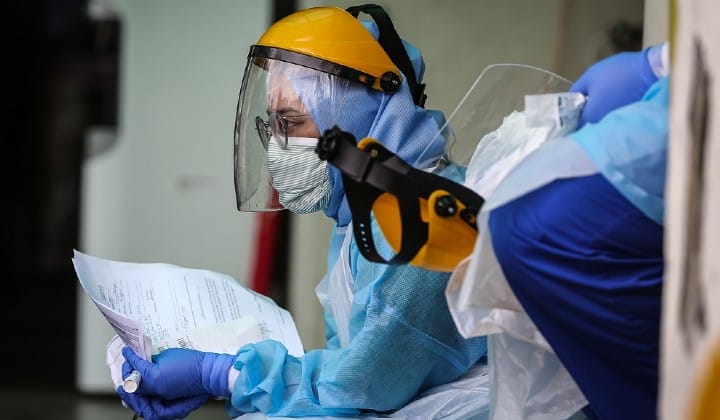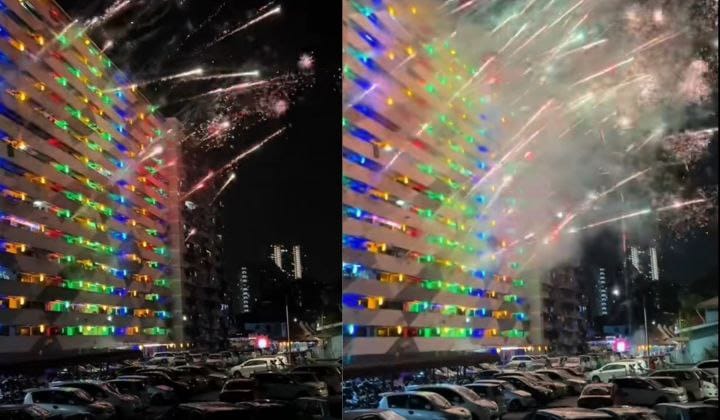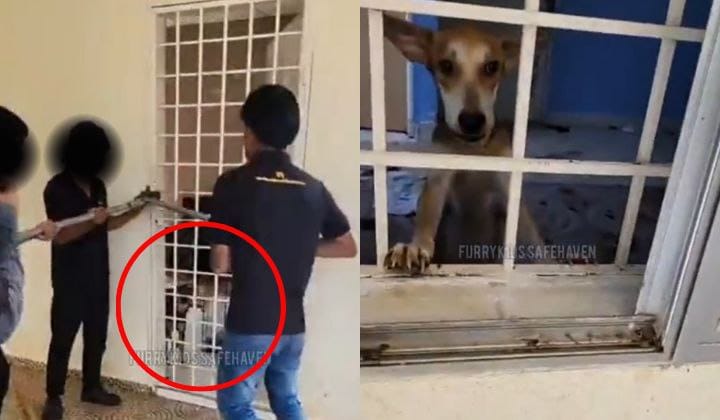MOH Tells Staff To Be “Polite” Online Or Face The Consequences Amid Vaccine Queue-Jumping Claims
Malaysia’s Whistleblower Protection Act only provides protection and certain immunities to people who come forward through official enforcement channels.

Subscribe to our Telegram channel for the latest stories and updates.
The Health Ministry (MOH) warned its employees against making unauthorized statements or complaints to the public on how the government runs our national healthcare system, or face the consequences.
In a statement released online, MOH reminded staff of their work and social media ethics when faced with allegations that healthcare professionals and frontliners were going public with concerning information on the National Immunization Program (NIP) and its procedures.
Read More: VIPs Jumping Vaccine Queue Exposed By Social Media, KJ Vows To Take Action
In line with the principles of service and disciplinary rules, civil servants are prohibited from making direct or indirect statements touching on government policy, programs and decisions without getting prior approval.
Official statement by MOH.
MOH explained that inappropriate and unverified statements would not only tarnish a public servant’s image but cause public panic and ruin the credibility of the civil service and the government.
Civil servants are reminded to remain polite and check themselves on social media as to not be involved with anything that would invoke disciplinary action and instead go through formal channels to voice their concerns.
But what about protecting whistleblowers?
On social media, netizens began questioning MOH’s move – seeing it as a means to silence those going public with information of misconduct or questionable practices.
why punish the whistleblower @DGHisham ????
— – (@mujeshjay) March 4, 2021
are you ok with this @Khairykj ????
I salute those civil servants whistleblowers……..
Malaysia dengan gag order ni berpisah tiada. Sebab tu ramai yg memilih untuk menutup mulut walaupun ditindas. Dan sebab itulah masih wujudnya pemerintahan zalim di dunia ni. “The only thing necessary for the triumph of evil is for good men to do nothing.”― Edmund Burke
— Rahmah Ghazali (@rahmahghazali) March 4, 2021
Not surprised but that will not stop healthcare frontliners to speak up.
— Norman Goh (@imnormgoh) March 4, 2021
No worries, there are ways to reach out to journalists. https://t.co/FbWo2LhwMs
By law, whistleblowers – people who come forward to provide information on unethical or illicit practices – are entitled to have their identities kept confidential, receive immunity from legal liabilities or administrative actions as well as protection from harassment, loss or injury.
However, Malaysia’s Whistleblower Protection Act 2010 (Act 711) only provides protection and certain immunities to people who “blow the whistle” through official enforcement agencies such as PDRM, the Malaysian Anti-Corruption Commission (MACC) and others like it.
Malaysians are also prohibited from exposing classified or sensitive information according to rules in the Penal Code (Act 574) and the Official Secrets Act 1972 (Act 88).
You can read more about the law in this informative piece written by AskLegal, HERE.
Share your thoughts with us on TRP’s Facebook, Twitter, and Instagram.
Typing out trending topics and walking the fine line between deep and dumb.








